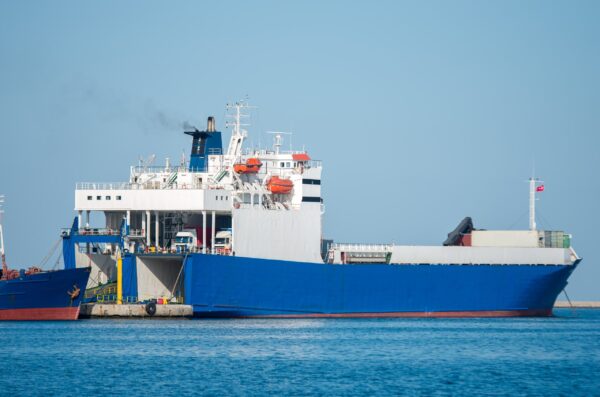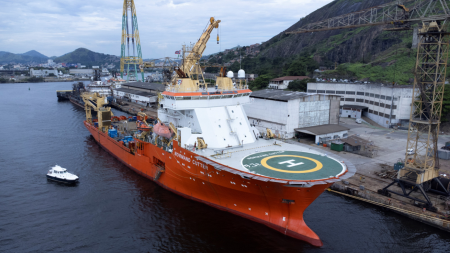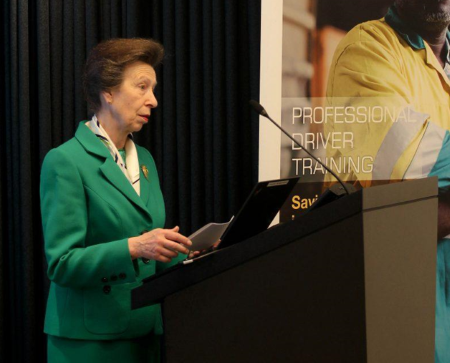RoRo Vessels, which have huge potential to compliment Southern Africa with its constrained logistics networks (congested ports, weak road and rail infrastructure and environmental costs) may soon become a reality for the sub-continent’s supply chain industry. Short for “Roll-on and Roll-off”, the RoRo solution allows trailers/vehicles to be rolled on and off shipping vessels – removing the need for cranes and reducing the need for direct road freight services, which can be time-consuming, costly and unpredictable.
“RoRo vessels have proven to significantly make the movement of cargo on Short-Sea Shipping (SSS) routes, less than 500 nautical miles, in Europe and Northern America and the Baltic Sea and Asia, far more efficient and cost-effective. This service has the potential to benefit the transport industry of Southern Africa, as it has in the European market for decades,” says William Greig, Chief Executive Officer of Argonaftis Shipping and Trading Ltd (MI).
RoRo shipping holds a substantial share of the total cargo handled in the main ports of northern and southern Europe. It is used to satisfy the transport needs of the automotive, yellow equipment, forestry and electric equipment industries, as well as all forms of wheeled transport, including dangerous and petroleum cargoes.
The offering has met with the approbation of all involved in the road freight sector. “The time has come to mobilise from Europe and commence this service,” says Greig. Argonaftis will be implementing this in the coming summer season: the project will be rolled out across various ports including Cape Town, Durban, Port Elizabeth, Maputo (Mozambique) and Walvis Bay (Namibia).
By using the RoRo system, shippers and road freight operators can significantly reduce the pressures on the road freight network. Transport companies will benefit from improved efficiencies and reduced costs.
“The cost-saving benefit for road freight operators will significantly improve their profitability – especially in the current global climate of cost pressures that affect margins,” explains Greig.
The cost-saving benefits are just a part of the value proposition and are a crucial consideration to transport operators. Without trucking, economies die.
“As an industry, we are keenly aware that the more efficient movement of goods has become a pivotal decision by environmentally-conscious companies, with a more acute focus on Environment, Social and Governance (ESG),” says Greig. “From a sustainability perspective, Short-Sea Shipping would contribute to the abatement of air pollution and reduced consumption of fossil fuel in the transport sector in the Southern African region because of RoRos’ low carbon footprint, compared with road transport. The bottom line for transport companies is greatly enhanced: a ‘win-win’ situation for all.”
The ESG is verified by recent European transport statistics, where Short-Sea Shipping accounts for 1% of the energy consumption and 12.1% of the emissions related to the European transport sector, while transferring 32% of the total freight volumes.
Sea transport offers significant environmental advantages, as it transports more than 80% of the global trade in volume, while emitting around 2.2% of total global greenhouse gas emissions (Christodoulou, Raza and Woxenius, 2019).
To read more news and exclusive features see our latest issue here
Never miss a story… Follow us on:
![]() International Trade Magazine
International Trade Magazine
![]() @itm_magazine
@itm_magazine
![]() @intrademagazine
@intrademagazine
Media Contact
Anna Wood
Editor, International Trade Magazine
Tel: +44 (0) 1622 823 922
Email: editor@intrademagazine.com








